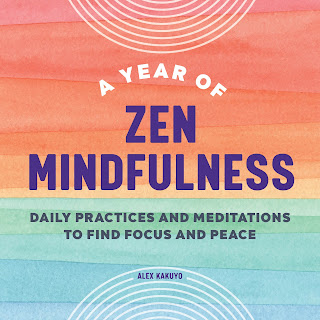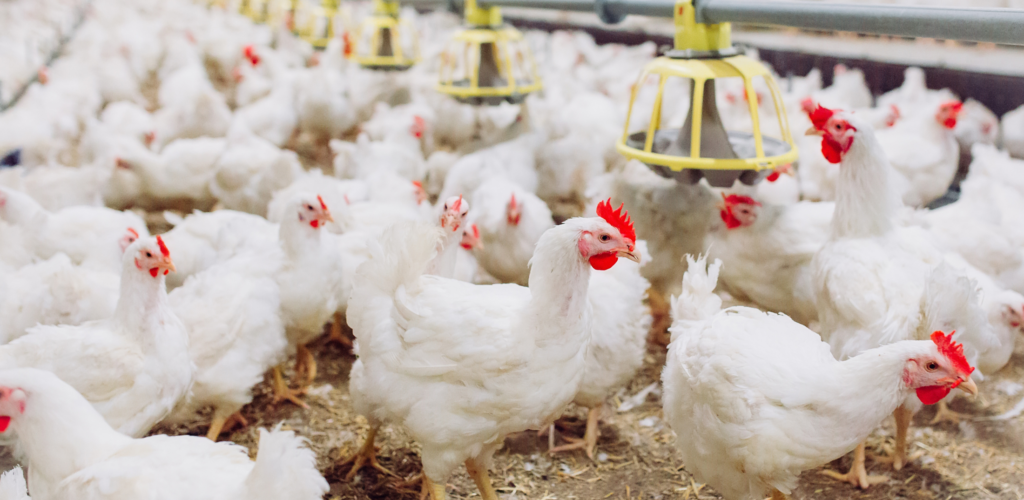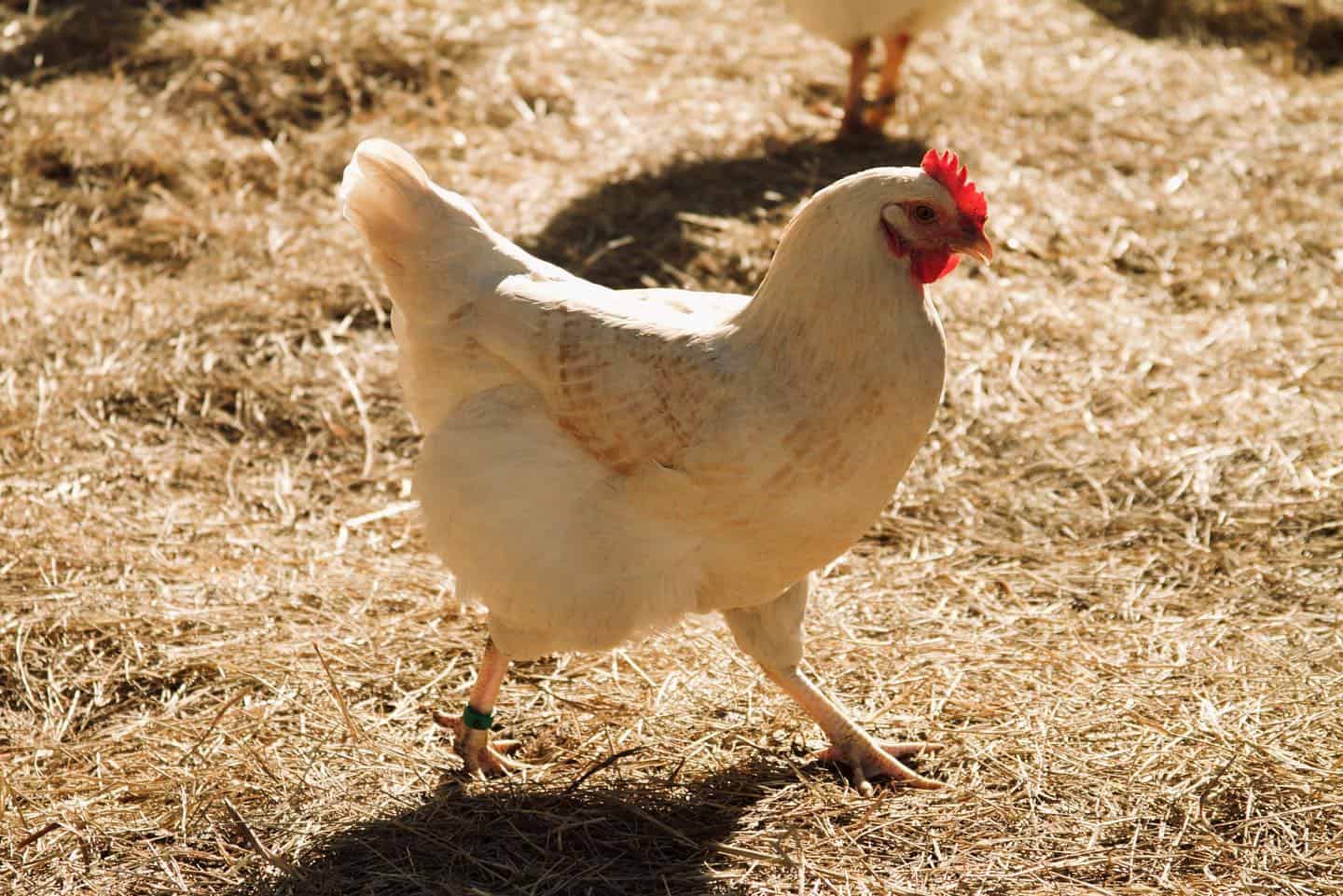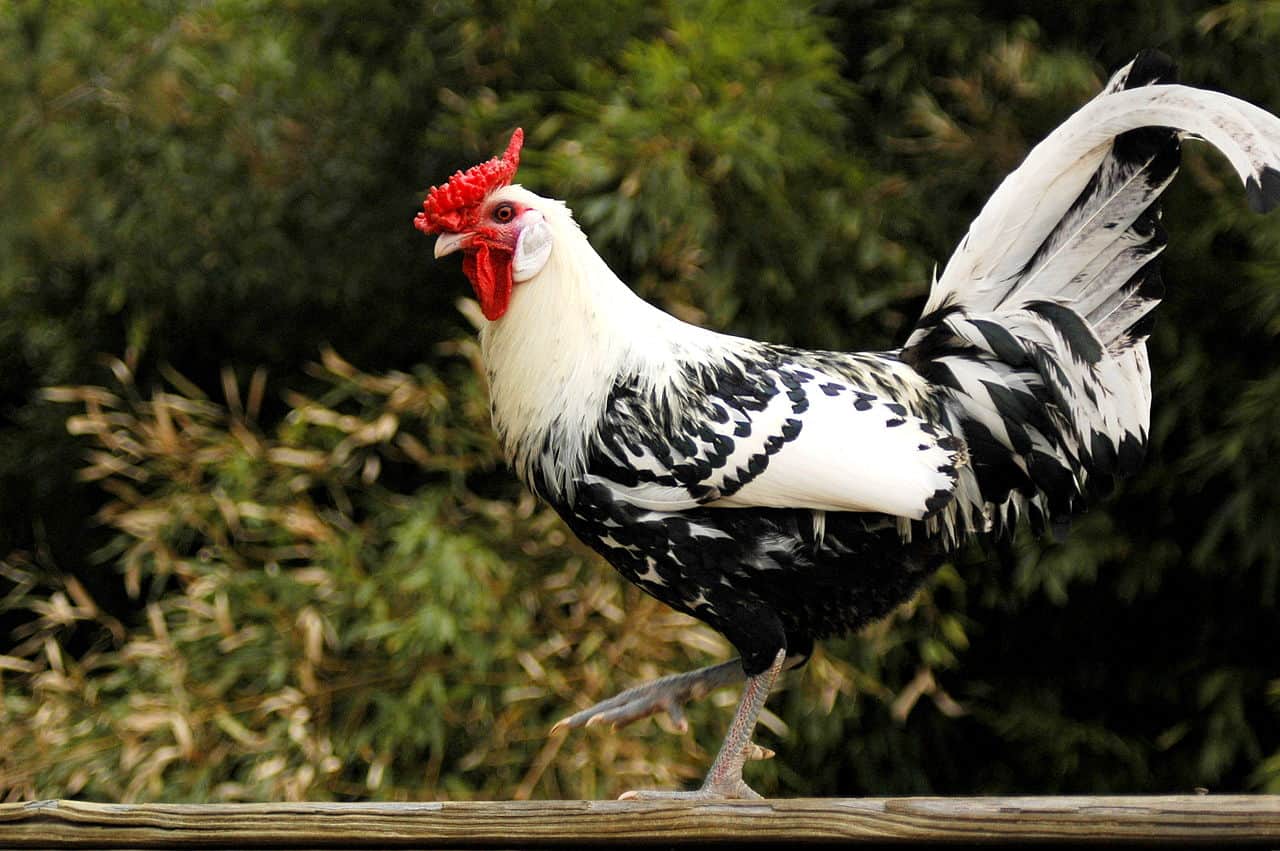One common misconception about chickens is that they lay eggs every day. In truth, their levels of production increase and decrease based on the weather. In the summer months when the days are long chickens tend to lay eggs every...
One common misconception about chickens is that they lay eggs every day. In truth, their levels of production increase and decrease based on the weather.
In the summer months when the days are long chickens tend to lay eggs every other day.
However, they lay fewer eggs in the fall when the days get shorter, and they go through their molt, replacing their old feathers with new ones.
In the winter, the chickens rest. They are less active during the day, and their egg production drops too almost nothing. Today marks the third day in a row that I've walked to the hen house, fed my birds, and received no eggs for my trouble.
They've become a bunch of freeloaders.
It's not uncommon for homesteaders to start culling their hens around this time of year, turning them into stew, and making room for the new chicks that they'll purchase in the spring. It makes sense from an economic perspective. Why keep feeding birds that don't feed you in return?
However, I'm taking a different approach. I know their egg production will pick up in the spring, and I know my birds have value outside of pure economics. So, I'm going to keep feeding and watering them through the winter, and we'll see what happens.
Best case scenario, we'll start getting eggs again in the spring. Worst case scenario, the older hens will continue living a comfortable life, and we'll get some younger, egg-producing hens to keep them company.
I'm making this decision for two reasons:
I'm vegetarian, so culling the hens would be a waste.Buddhism teaches that the value of a life isn't strictly economic. It's okay to care for others simply because they exist.This is a recipe for failure.
There is nothing quick about Buddhist training. Even the Buddha required many lifetimes to realize enlightenment. And when he finally did, his response was to travel and teach the Dharma for another forty-five years until his death.
There is no short cut to inner peace. There is only the path, and we must walk it every day.
Speaking from experience there will be seasons when everything seems to fall into place. We sit every day, we comprehend the sutras with ease, and our mind is free of angst.
There will be other seasons, winter seasons, when we keep giving more only to get less in return. In those moments we will be tempted to quit, to give up, to think that we don't have what it takes to realize enlightenment.
But we must remember that we, like the chickens, like all sentient beings have intrinsic value. And it's okay to care for ourselves simply because we exist.
If we view our spiritual practice less as a way gain attainments and more as a way to cope with the suffering of life. The ebbs and flows of realization become easier to bear.
Personally, I have days when it's a struggle to sit on the cushion. There are moments when burning incense feels awkward and unnatural. But even the challenging days leave me with a calmer, more focused mind.
Thus, the practice is still useful on the days that it's not perfect.
We just have to keep sitting, keep chanting, keep burning incense. We just need to keep walking the path; knowing that even our smallest step forward is one step closer to enlightenment.
Namu Amida Butsu












